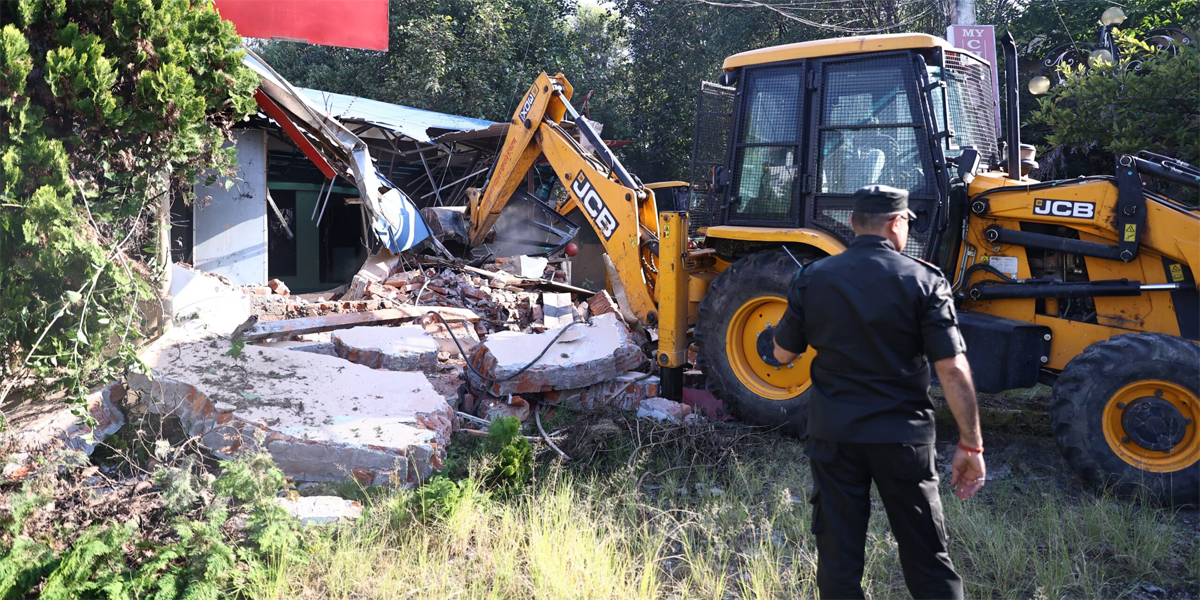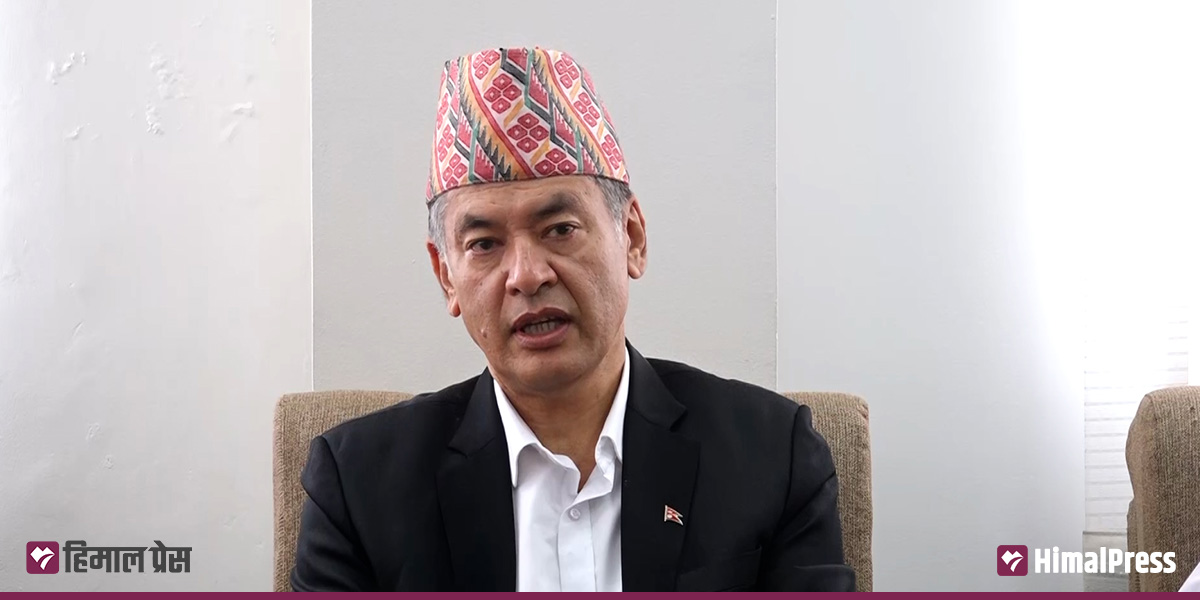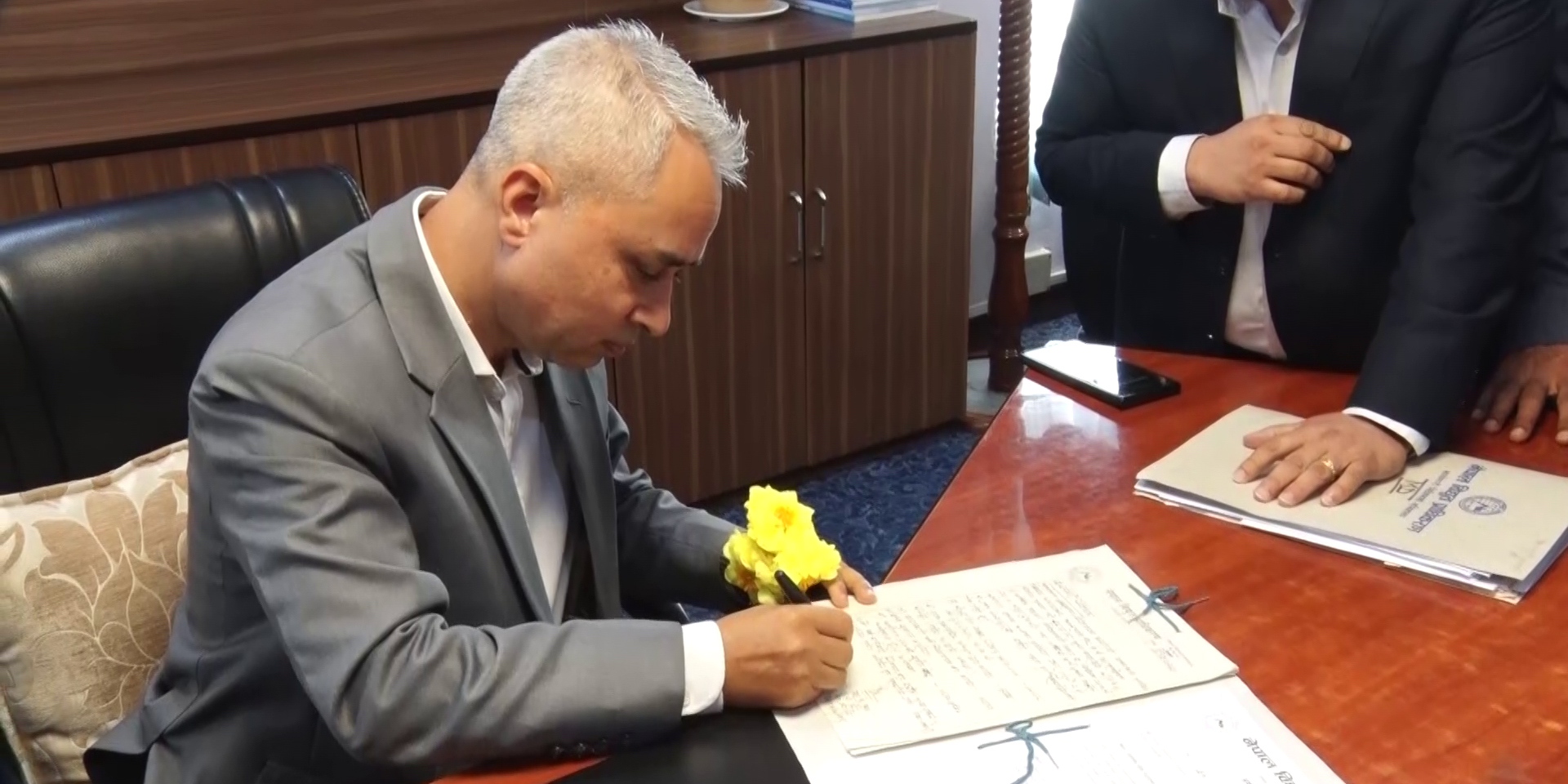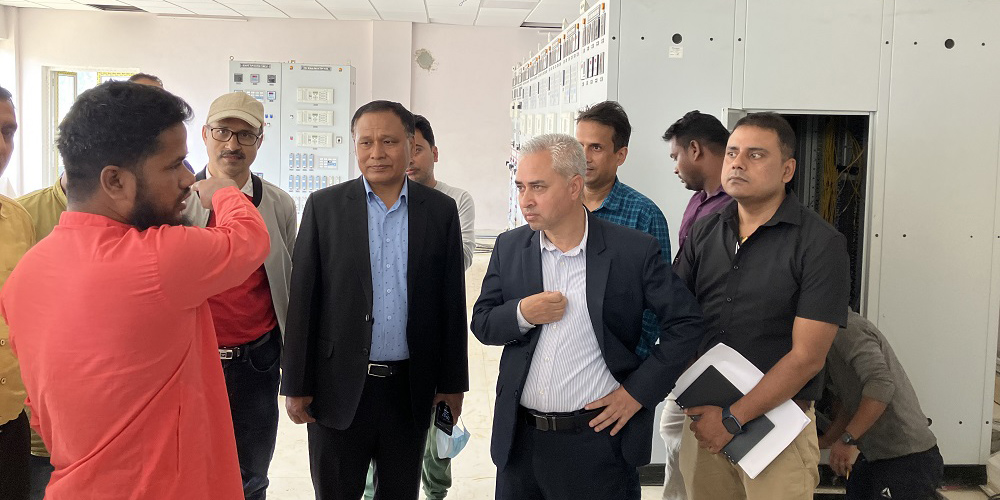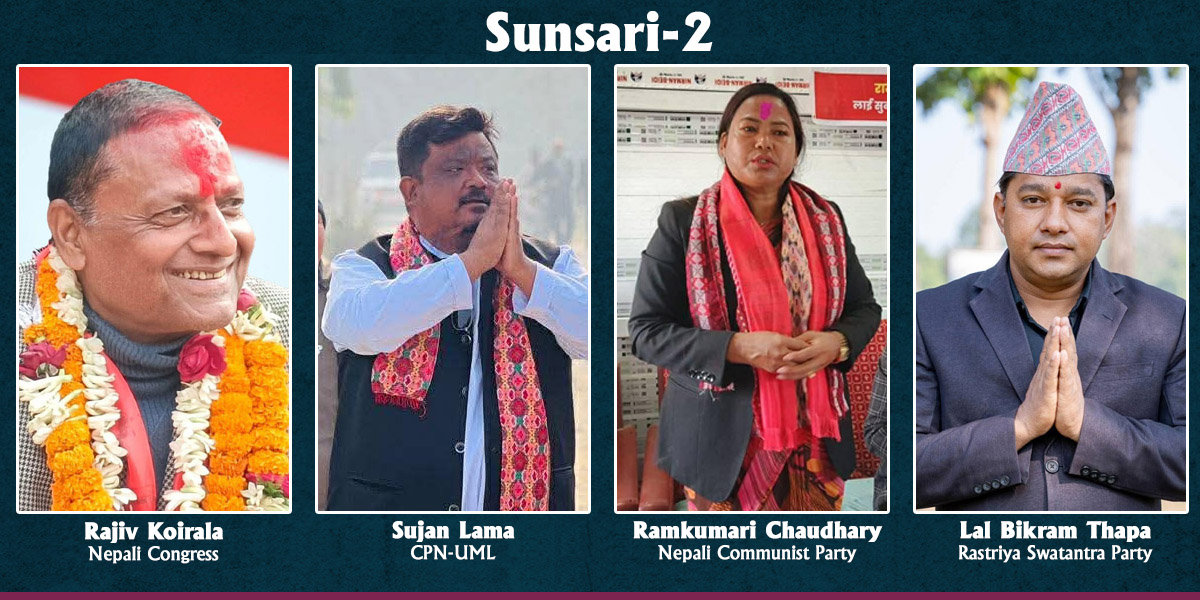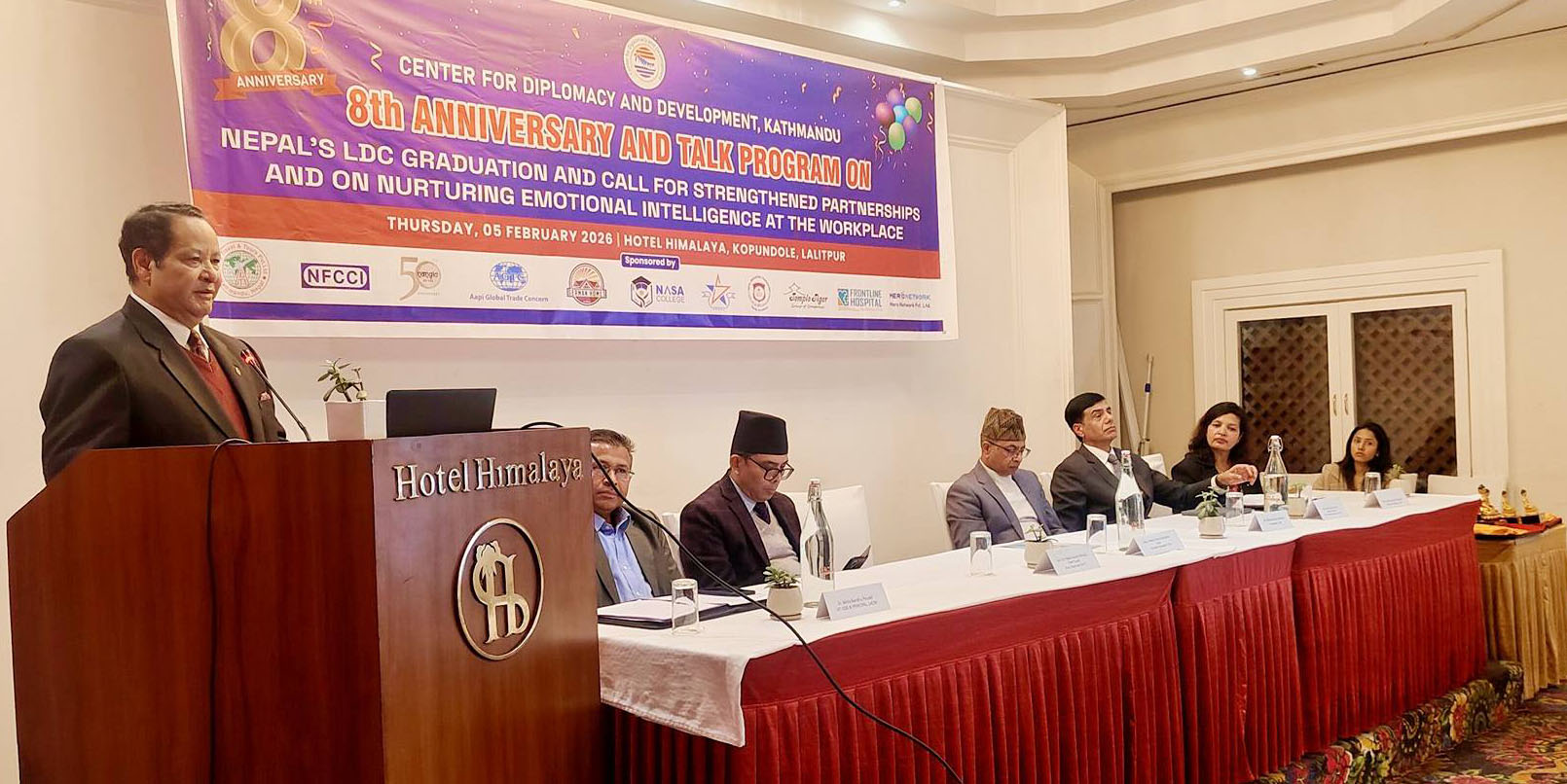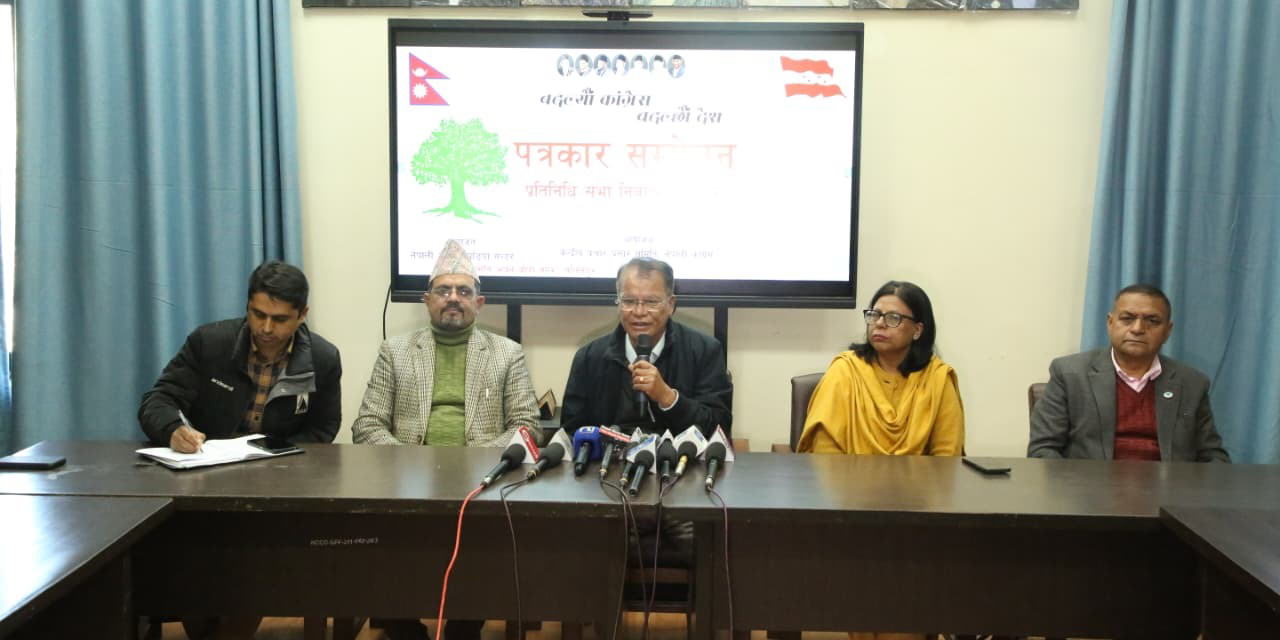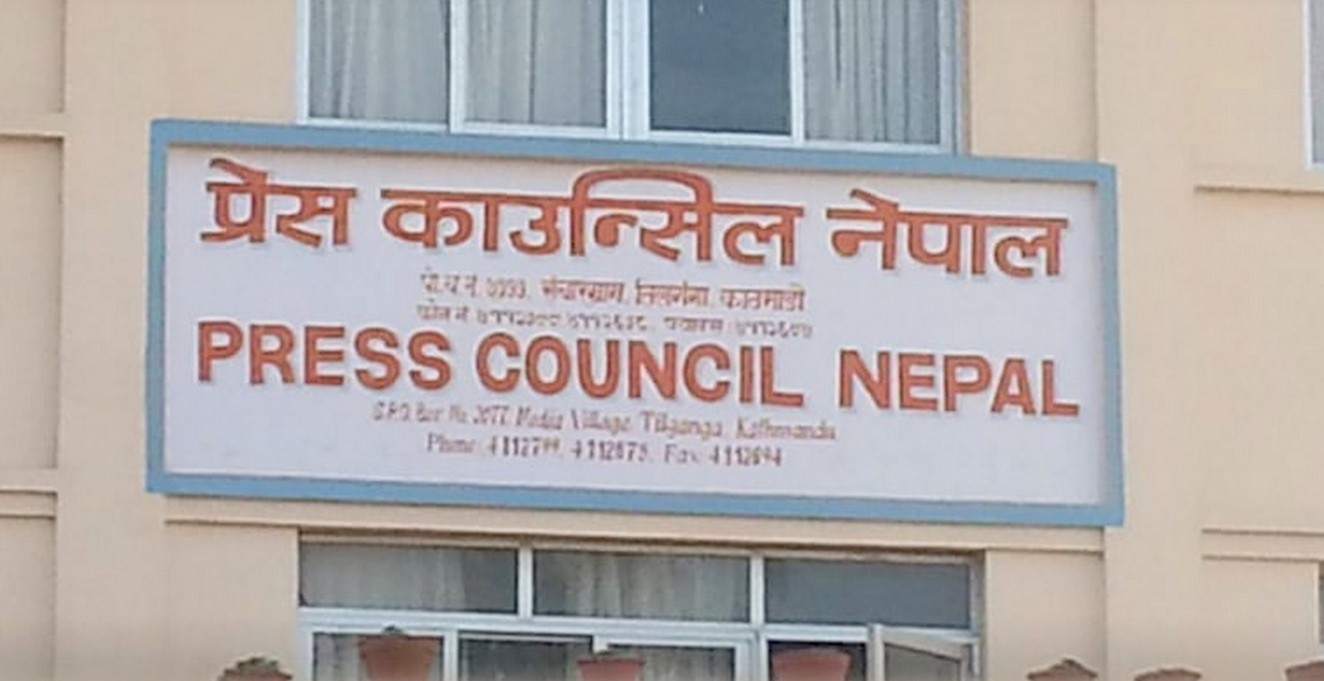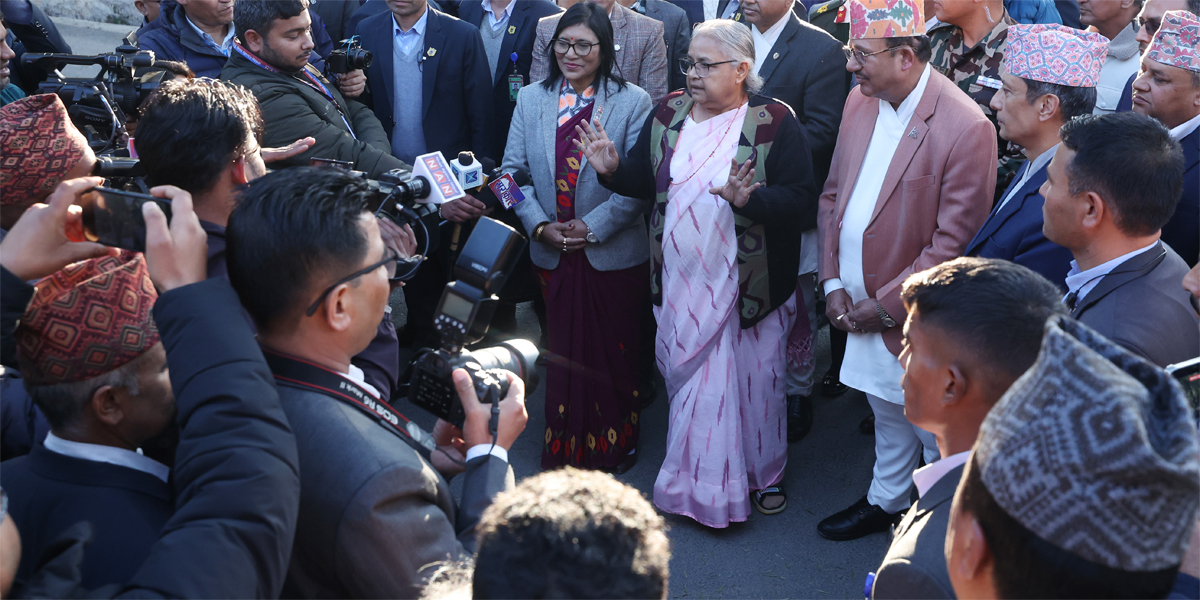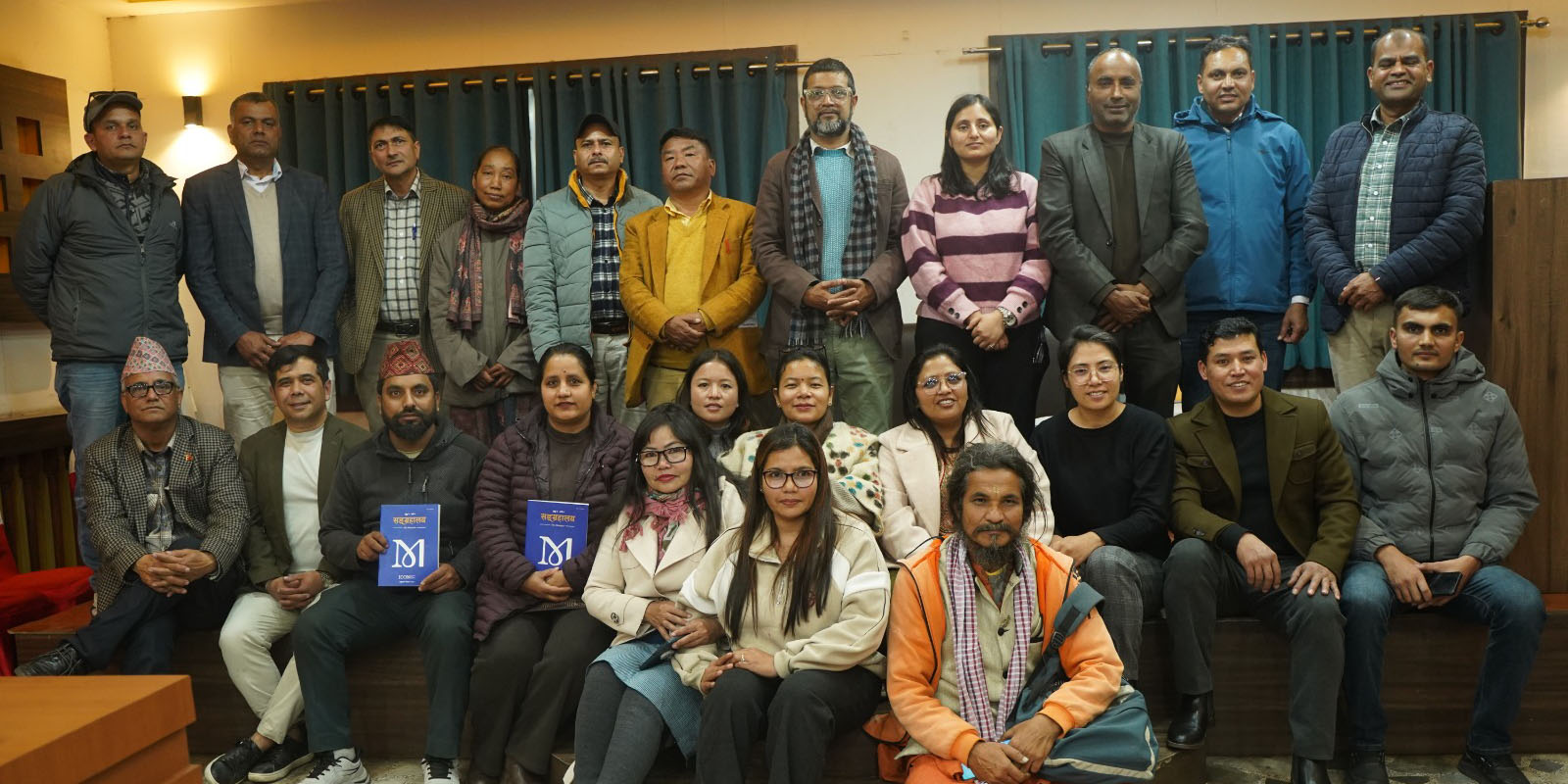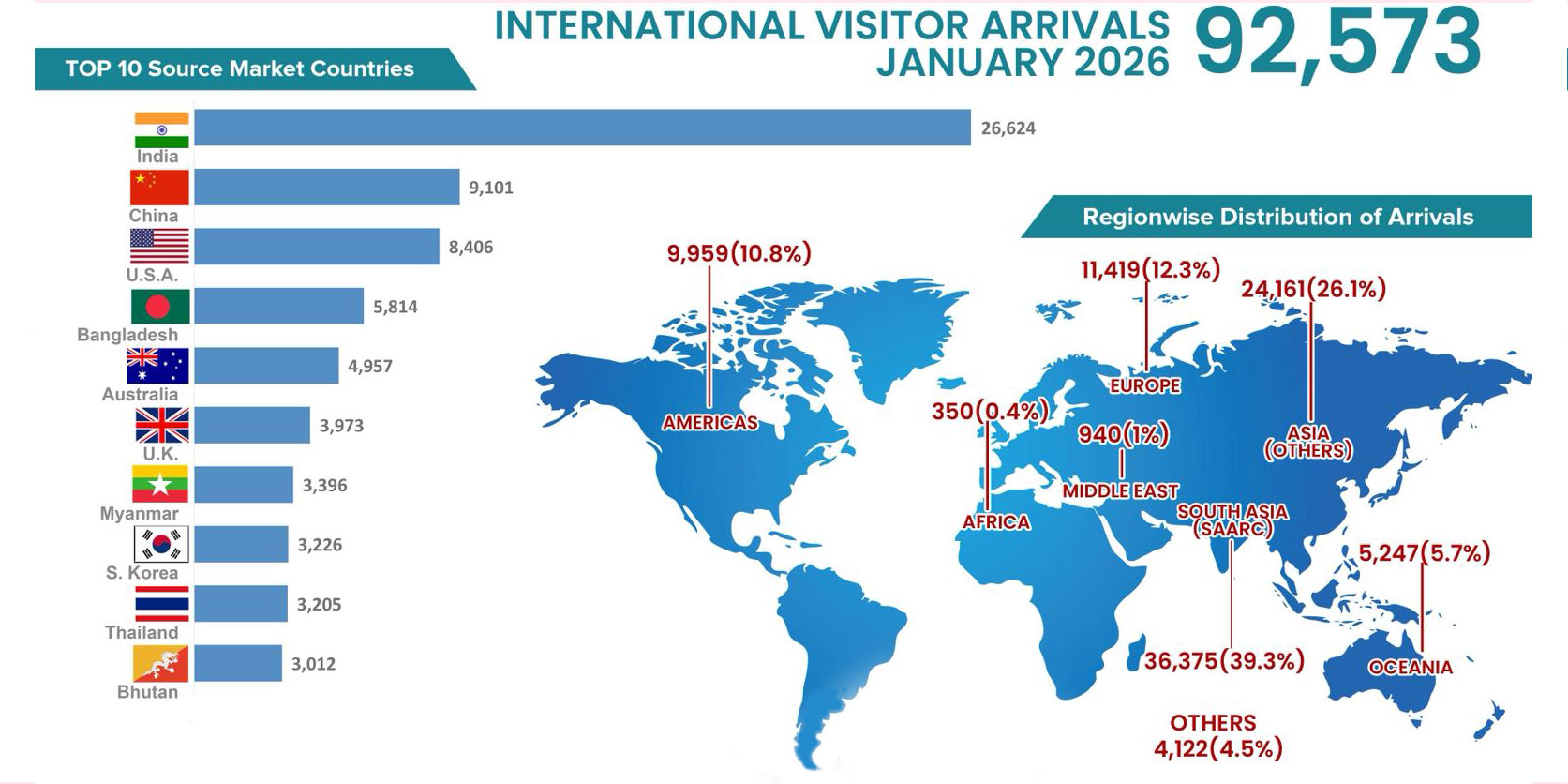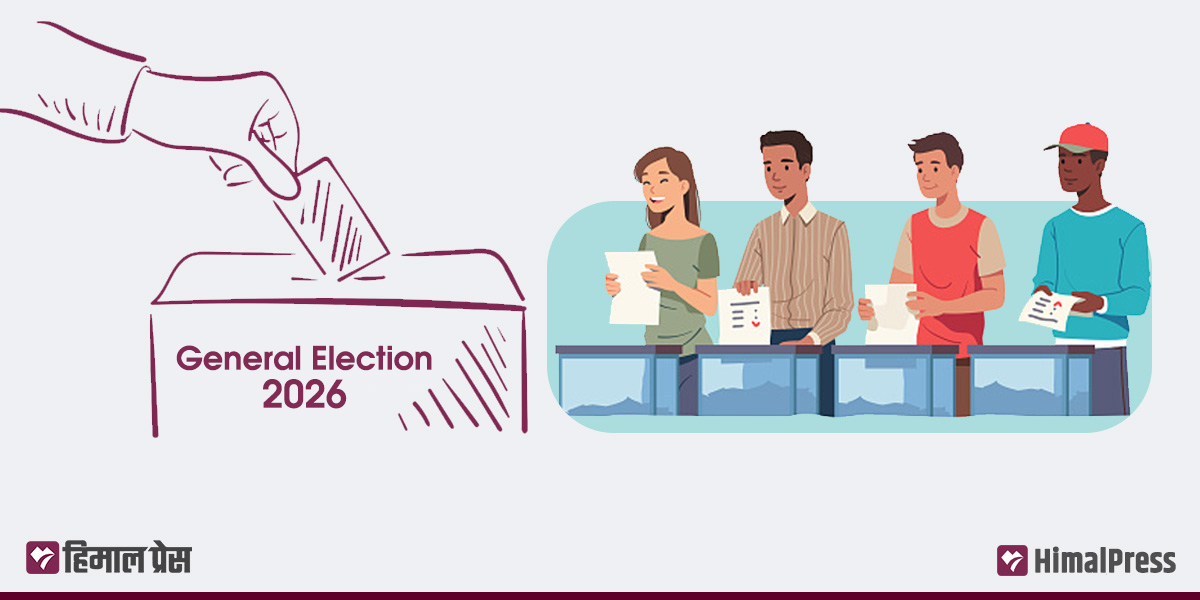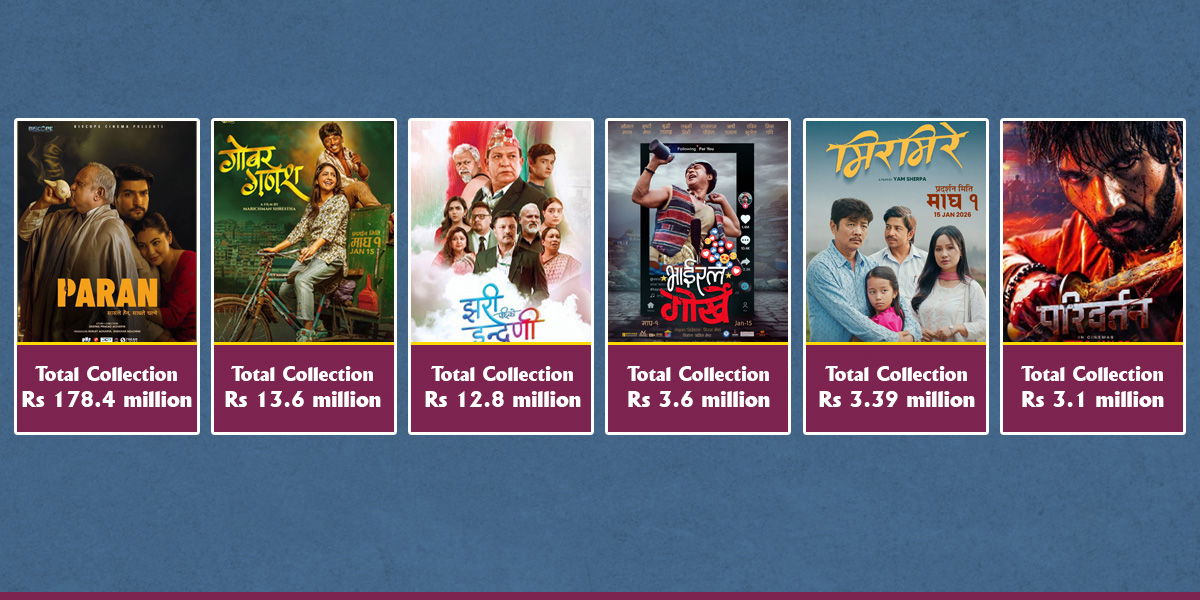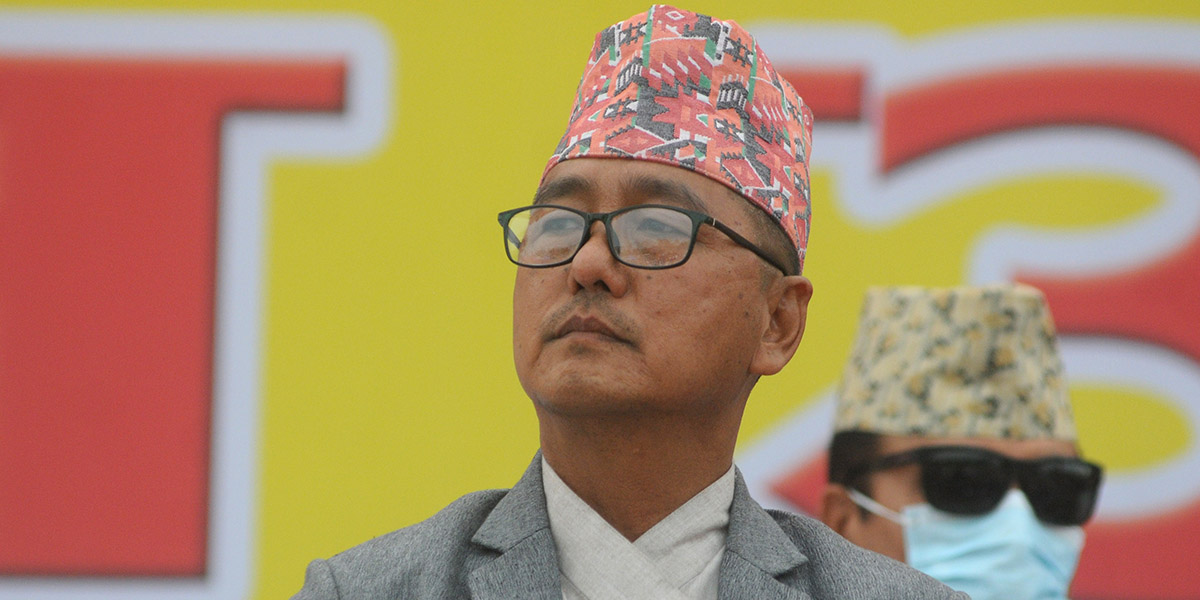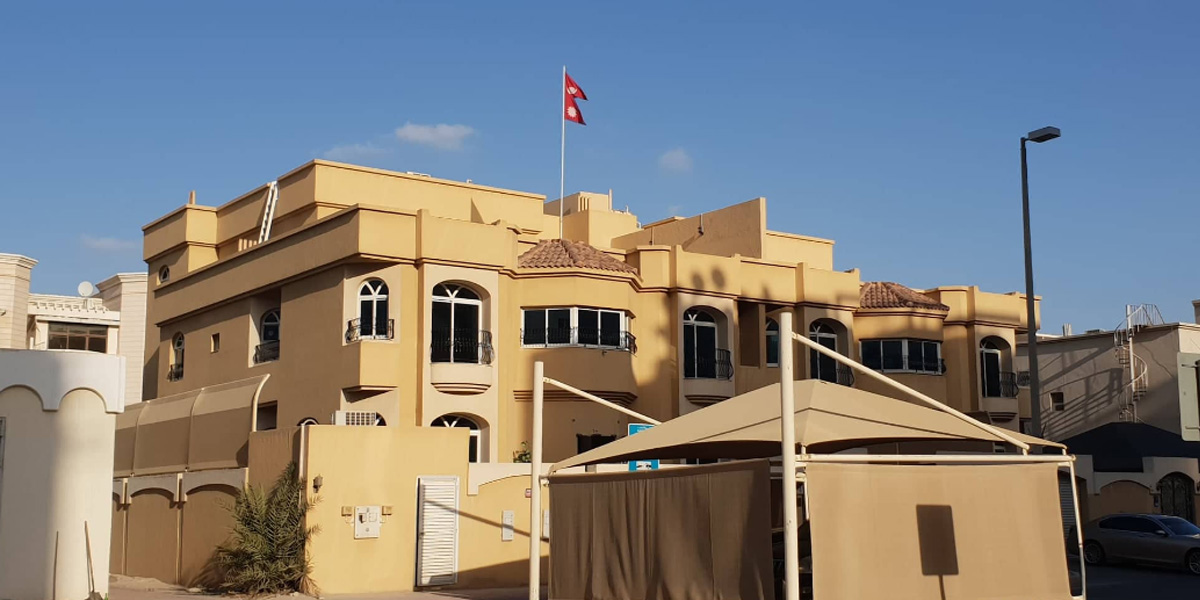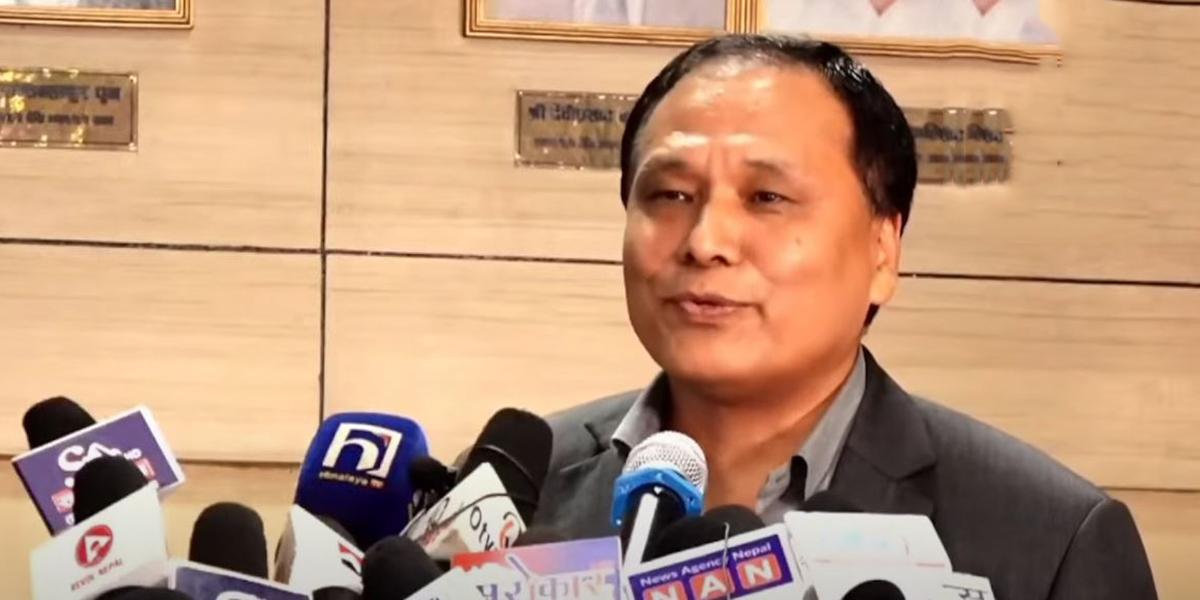
KATHMANDU: Nepal Electricity Authority (NEA) Executive Director Kulman Ghising has clarified that the decision to increase the price rate for electricity exchange between Nepal and India was made after obtaining a mandate from both the Energy Minister and Energy Secretary.
Submitting a five-page clarification on Thursday in response to a 24-hour clarification on why he should not sacked sought by the Minister for Energy, Water Resources and Irrigation, Ghising claimed that the agreement with India was reached after thorough discussions and with the necessary approvals.
According to Ghising, Sanjiv Raya, an under-secretary at the ministry, participated in the Nepal-India Power Exchange Committee where the new price for energy exchange was finalized.
“The mandate to negotiate a new rate was obtained after discussions with Minister Deepak Khadka and Secretary Suresh Acharya, who were both in India at the time of the meeting,” Ghising claimed.
The meeting finalized the per unit rate for electricity to be exchanged through 132 kV, 33 kV and 11 kV transmission lines from April 2025 to March 2026. Ghising has claimed that price increases has been limited to 1.5% compared to as much as 5.5% in previous years. “The new rate is cheaper than the peak rate of around 10 Indian rupees per unit on the Indian Energy Exchange. No penalties will be imposed if electricity is not imported,” Ghising said.
The new rate will come into effect from April 2025, following approval from the NEA Board of Directors and the Electricity Regulatory Commission.
Ghising also said that Minister Khadka has refused to call a meeting of the Board of Directors.
“If the Board of Directors and the Regulatory Commission do not approve the rate, electricity imports under the agreement will not proceed,” Ghising said. “Unnecessary questioning and discouraging responsible officials could have far-reaching consequences on bilateral relations.”
He also expressed disappointment over being questioned for visiting flood-affected areas without the minister’s permission. “My visits to flood-affected areas, including the Upper Tamakoshi Hydropower Project and the Kabeli Corridor transmission line, were in the interest of the institution and the nation. Such actions should be encouraged, not penalized,” Ghising argued.
Ghising has been arguing that the minister and the ministry do not have the authority to seek clarification from him as he was appointed by the cabinet as per the Nepal Electricity Authority Act, 1987.

 Himal Press
Himal Press 
